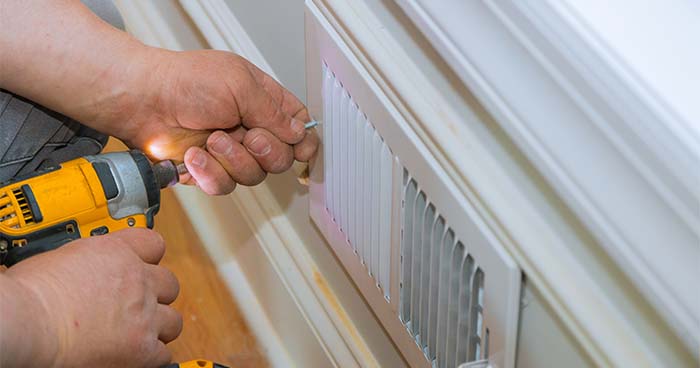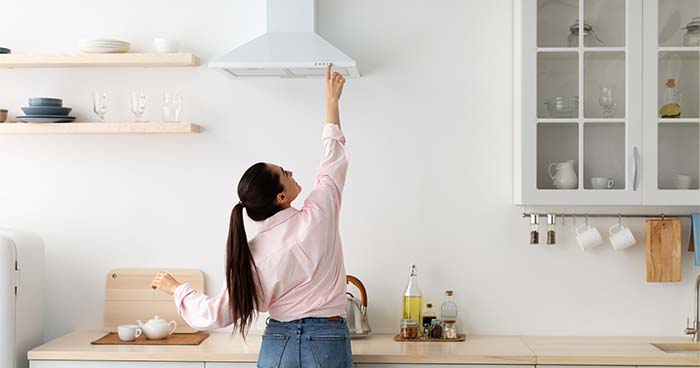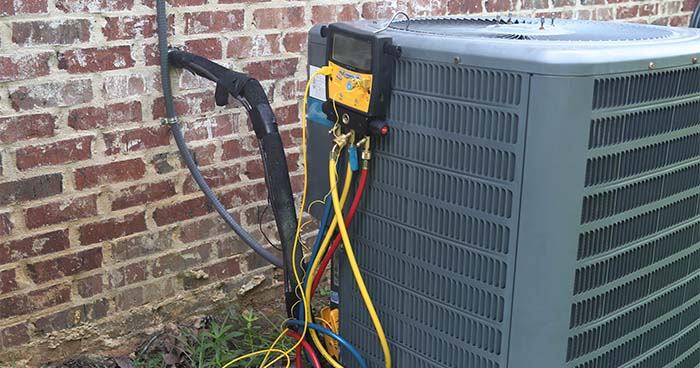It’s worrying that our indoor air can often be up to five times more polluted than outdoor environments. In one of our previous blog posts, we explained more about the indoor pollutants affecting your health. But what happens if you choose to ignore those pollutants?
Poor Indoor Air Quality and Health — Sleep and Mental Health
Sleep
The quality of the air you breathe is just as important for your sleep as the comfort of your mattress and pillows.
A study carried out by the Technical University of Denmark found that bedrooms lacking good ventilation led to more disrupted sleep patterns.
Mental Health
Not getting enough sleep can affect your mood. But poor air quality can also cause anxiety, depression, and other mental health conditions. Air pollution can impact brain networks, leading to an increased risk of depression.

According to the World Health Organization, around 93% of the world’s children under the age of 15 years (1.8 billion children) breathe air that is so polluted it puts their health and development at serious risk. If left without treatment, this has the potential to manifest as a mental health problem in adulthood.
Poor Indoor Air Quality and Health — Allergies and Asthma
Irritation to Your Eyes and Nose
Ever noticed your eyes or nose getting irritated when you’re in a particular area, like a room or office space? This irritation is often a result of poor indoor air quality.

Air pollutants such as smoke, dust, pollen, and chemical fumes cause stinging and burning to the nose, throat, and eyes. These particles get into your eyes and irritate them, causing inflammation.
Allergies
Your indoor air contains many pollutants that aren’t visible to the naked eye. For example, dust mites, pet hair, and mold spores all cause allergy symptoms, including coughs, sneezes, and a runny nose.
Asthma
If you have asthma, indoor air quality is a significant concern. Indoor pollutants can worsen your asthma symptoms and increase your need for medication.
What Can You Do to Improve Your Indoor Air Quality?
Poor air quality causes health problems, but it’s not all bad news. Follow these tips, and you’ll help reduce the pollutants contaminating your indoor air.
Keep All Your Vents Clean and Free of Dust
If you have a central air conditioning system in your home, you’ll have vents that blow out conditioned air throughout the house. Unfortunately, these vents can become clogged with pet hair, dust, and other particles over time.

Cleaning these vents is an easy task that you can do quickly and cheaply. All you need to do is buy some vent covers, install them, and use a vacuum cleaner to suck up any debris.
Use a Kitchen Exhaust Fan
Kitchen exhaust fans not only remove emissions from your oven, but they also help increase overall air circulation. Fans also eliminate moisture build-up that can cause mold growth, which is harmful to your health.

What’s more, kitchen exhaust fans help get rid of fumes that accumulate when cooking, particularly if you use a gas stove. Gas fumes are a significant trigger of asthma and allergies.
Consider an Air Scrubber
To truly purify your indoor air, an air scrubber would be a wise investment. Air scrubbers use UV light technology to essentially remove indoor air contaminates from your temperature treated air. This device is an add-on to your existing system and hardly requires any installation. Talk to an HVAC tech if you’re interested in learning more.
Open a Window to Let Fresh Air in
There’s no better way to help improve your air quality than to let in some fresh air. Of course, opening windows is easier in the spring and fall when weather conditions are moderate but try to open your windows all year round, even for short periods.
Keep Up with Regular HVAC Maintenance, Including Changing Your Air Filter and Scheduling Tune-Ups.
One of the most important ways to improve indoor air quality is keeping your heating and cooling system running efficiently with regular maintenance from an HVAC professional.

A thorough inspection of your HVAC system will identify potential issues before they become bigger (and more expensive) problems. By identifying issues with your HVAC system early, a professional can fix it before it causes more risk to your health through poor indoor air.
Speak to an Expert About Improving Your Indoor Air Quality
Worried about the quality of your indoor air and your family’s health? Contact the experts at Bell Bros for our professional advice.


